Access to better energy services can improve women’s social, economic and political status — reducing the time and effort involved in household chores, providing better health and educational conditions, expanding income-generating opportunities, and easing their participation in public affairs. At the same time, greater sensitivity to gender issues increases the effectiveness of energy programmes and […]
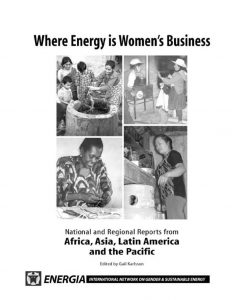
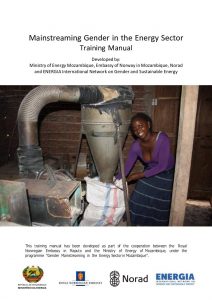
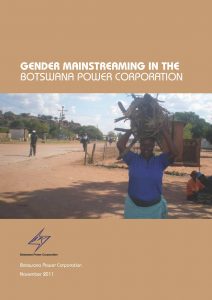
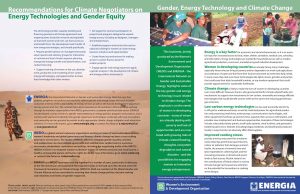
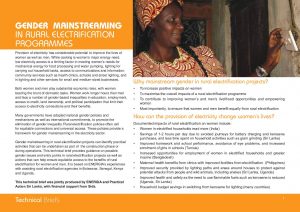
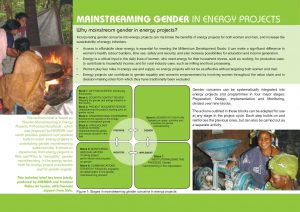
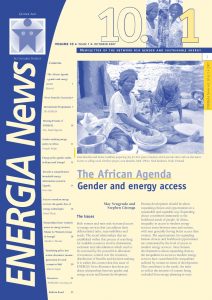
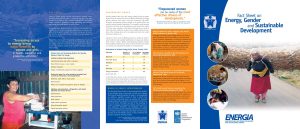
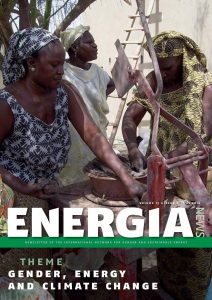
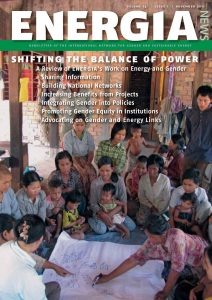
Follow us on: